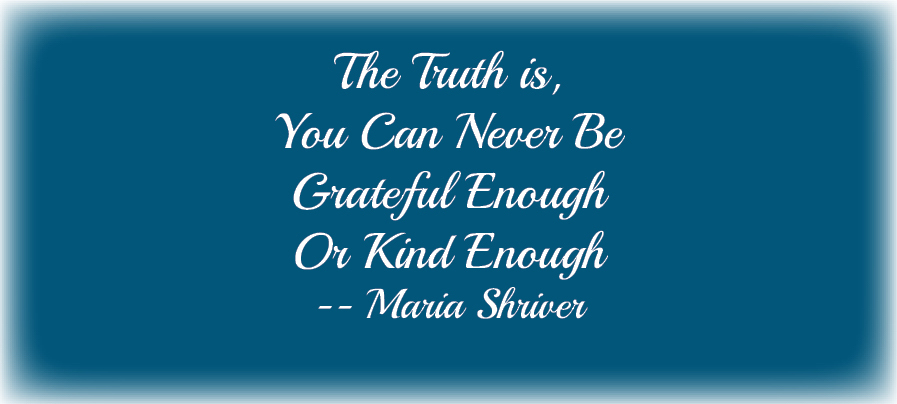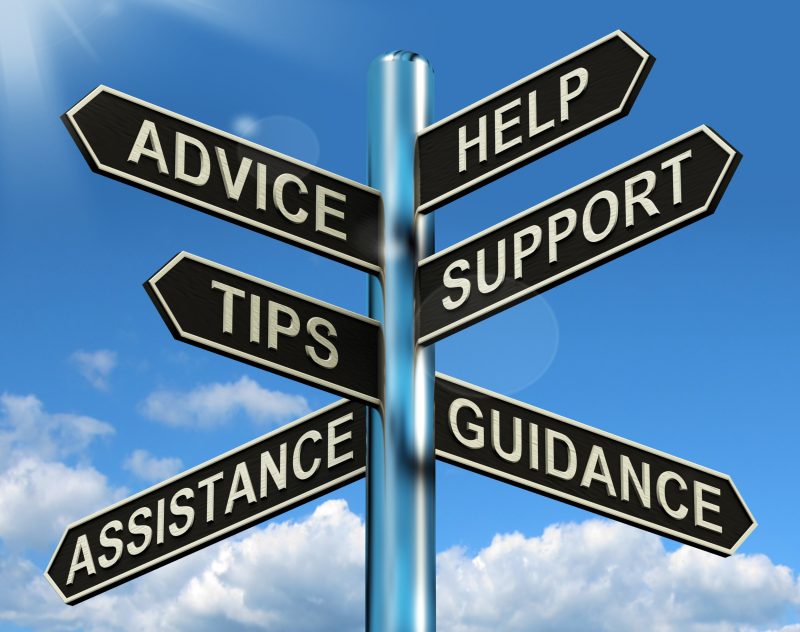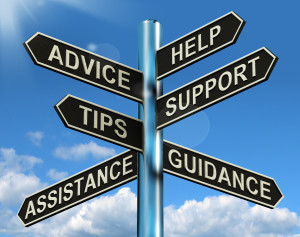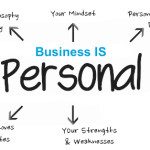Are You Feeling It? The “it” being the expression of GRATITUDE. 🙏
“Feeling gratitude and not expressing it is like wrapping a present and not giving it.” 🎁 according to William Arthur Ward
Do you ever feel that you’re sailing through the busyness of daily life like a boat ⛵without a captain? You’re setting goals and making every attempt to achieve them. You’re paying attention to your health because you know you need to, and with all the commercials and focus on being healthy, you don’t want to appear to be a slacker! You know you need to spend quality time with your family and friends. And your calendar is already overflowing. 📆 You’re jumping from one thing to another non stop.
And then … you realize that your alignment with your Higher Purpose might be suffering neglect. Wowzers! How do you fit it all in?
And then…. you are encouraged to be grateful. Because November is National Gratitude Month. Be grateful for all your blessings.
Yes, we’re in the depths of challenging times, and it’s easy to feel like life is an endurance test. Are the people in your life who matter most, as well as your body and business, conspiring against you? When thoughts about throwing in the towel haunt you, it’s a powerless place to be. And certainly not a happy place. 😔🥺
There is one powerful thing that can break the chains of feeling like a victim, and that is gratitude. It’s a life-changing shift of your focus from heartache, frustration, isolation, sadness, distress, and just plain blahness… to recognizing all you have to be grateful for. Take a 5 – 10 minute break and just breathe. Think of one – just one 1️⃣- thing that you are grateful for today. It could be that check that came in the mail (happy dance!) 💃 or that your kid actually said, “thank you” for making dinner! Or your orchid is going to blossom! It’s the little things. And, it takes noticing and taking the moment to feel into the gratitude.
The journey from victim to empowered is through gratitude – gratitude expressed. Take the first step. Then the second and third steps will follow. Give the gift. It’s so worth it.






 It takes courage to call a spade a spade. If you decide to step up and get honest about what is really going on, you risk people not liking what you say, criticizing you for kicking up dirt, and becoming defensive about their own low octane game.
It takes courage to call a spade a spade. If you decide to step up and get honest about what is really going on, you risk people not liking what you say, criticizing you for kicking up dirt, and becoming defensive about their own low octane game. We’re so triggered by invitations to formulate New Year’s resolutions to join the many claiming to be on the fast track to success. But the push gets tiresome, and we find ourselves back in our old ruts and habits.
We’re so triggered by invitations to formulate New Year’s resolutions to join the many claiming to be on the fast track to success. But the push gets tiresome, and we find ourselves back in our old ruts and habits. All experiences are personal. Each of us has our own story about every experience. Have you ever noticed that two people can be in the same situation at the same time, and still tell different stories about the experience?
All experiences are personal. Each of us has our own story about every experience. Have you ever noticed that two people can be in the same situation at the same time, and still tell different stories about the experience?  If “Sally” serves as a Cheerleader for you and your
If “Sally” serves as a Cheerleader for you and your